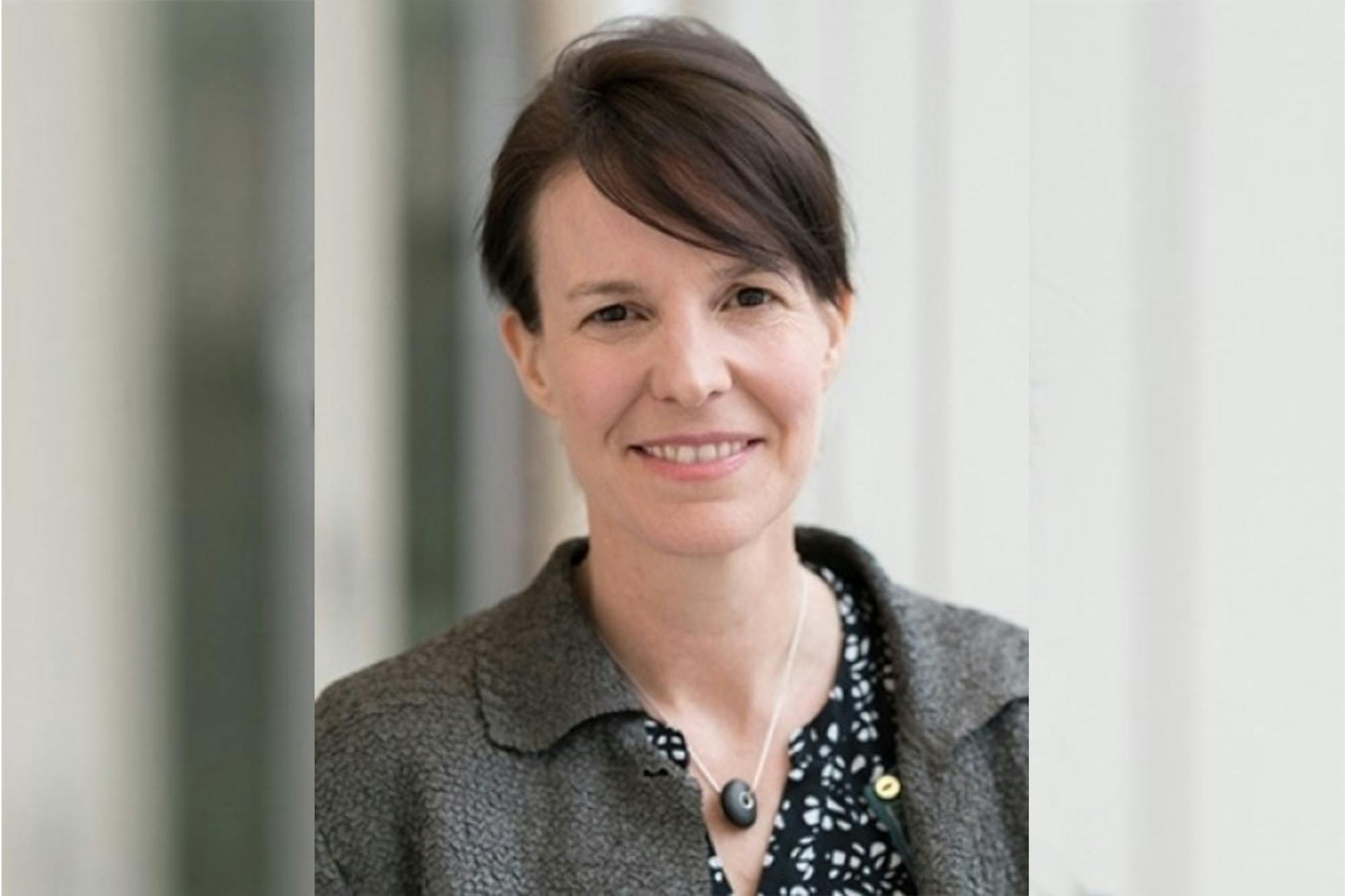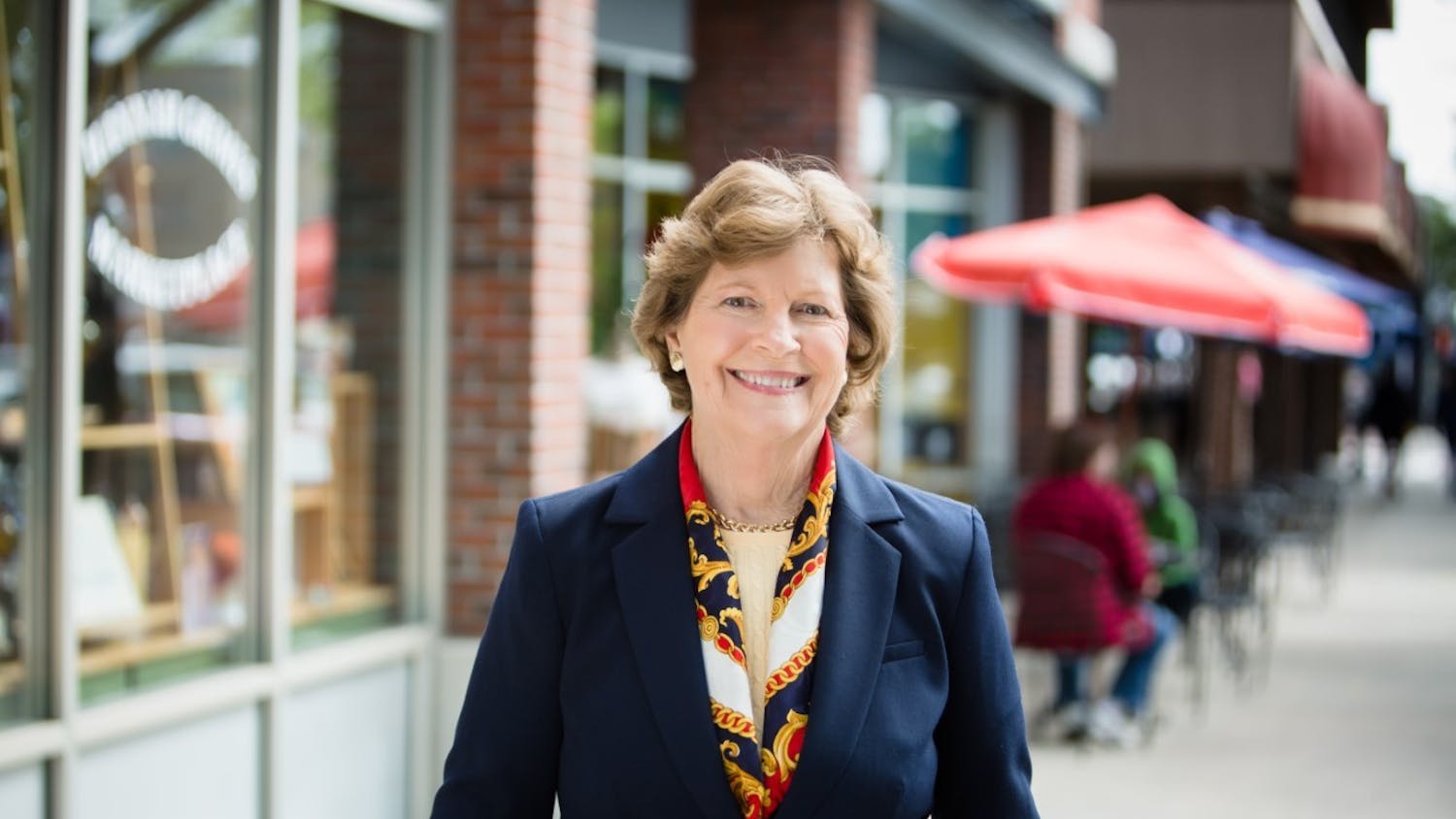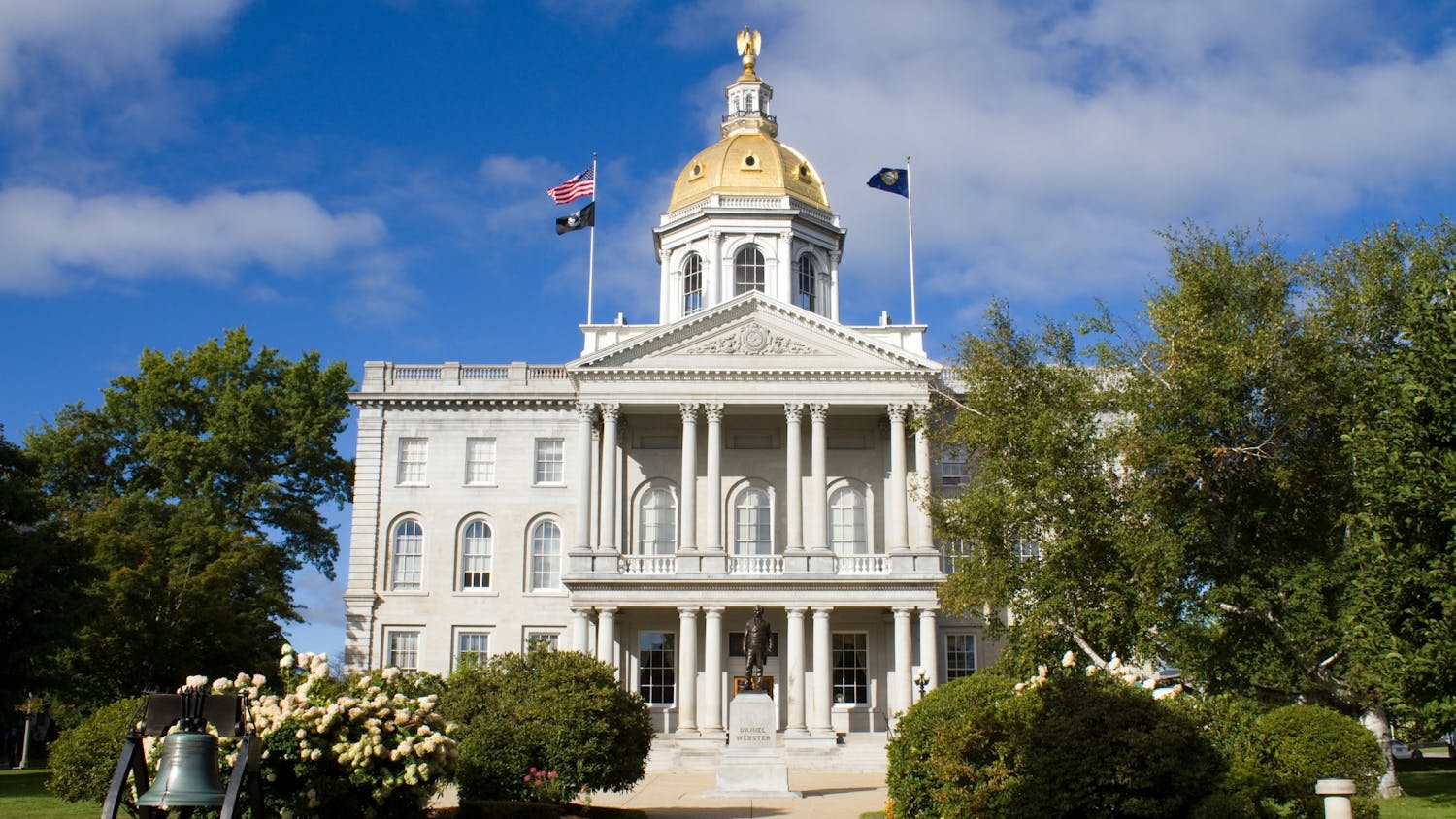Last week, a record-breaking winter storm brought Texas to a halt, leaving millions of residents without electricity, water or heat as the state grappled with the temporary collapse of its power grid.
The Dartmouth sat down with environmental studies professor Elizabeth Wilson, an expert on energy policy and climate change and the director of the Irving Institute for Energy and Society, to discuss the implications of our changing climate on energy systems and how to brace for the future.
Texas’s energy grid is famously independent from the rest of the country, and its energy model is both privatized and deregulated under the Electricity Reliability Council of Texas. This past week, a lack of winterization incentives led to the shutdown of power plants, from natural gas to coal to wind turbines. What steps can the government and energy industry take to ensure that something of this nature doesn’t happen again?
EW: One of the reasons that most of Texas is an electrical island is because you don’t have federal regulation; the Federal Energy Regulatory Commission governs interstate electricity trades, but if it’s just in Texas, then ERCOT controls itself. They really have been making their own rules for a long time, and those rules have worked pretty well.
In 2011, there was another huge cold snap that created power problems in the ERCOT region. There was a report from the North American Electric Reliability Corporation that highlighted everything they could have done to make the system more resilient. Had they done those things, this wouldn’t be the same situation we’re facing today. That would have ensured that power plants were winterized. That would have ensured that pipelines also were managed in a way where water wouldn’t freeze in the valves. They had the information from the report, but the implementation and follow-through was never actually checked.
This event, where temperatures were 40 degrees below normal in some parts of the state, really taxed the system in a way that they hadn’t anticipated. But if they had done their work before, they could have avoided this disaster. Ensuring that those recommendations were actually implemented is the responsibility of the regulator. The follow-through didn’t happen.
Extreme weather is a consequence of our changing climate. How do you believe the frequency and severity of extreme weather events like these will change, and how might we prepare for the impacts?
EW: This is a really important question, and I think the piece to remember here is that low-probability, high-consequence events have often affected any engineered system in unexpected ways.
There have been other blackouts, but with climate change, we’re moving into a world where none of our systems have been engineered for that future.
You have all the fires that happened last year and this year on the West Coast in California, and we’ve had the uptick in extreme weather events hitting the Gulf Coast. None of our infrastructure has actually been designed for the world we’re moving into and that variability. Doing that requires a rethinking not only of how we supply energy, but also how we use energy.
Your research focuses on the practical implementation of environmental policies. It is undeniable that the Biden administration’s goals for climate change are ambitious, including transitioning the country to 100% clean electricity by 2035. In your view, is this goal feasible?
EW: The question of “How do we create an energy system that is reliable, affordable, sustainable and equitable?” is really one of the big challenges facing the next few decades.
We know that climate change is coming at us like a fast train down the tracks, and we know we’re not prepared for it. Any and all things that we can do to begin to change that course and that direction are absolutely essential to help us all integrate the costs of planning for this new future into our decision making. If those types of very aggressive goals are helping us collectively focus on this issue, then I think that’s very important.
The scale and size of a problem and the scale and size of the solution must match. This is a global problem with incredible local impacts. If we’re not dealing with it as a collective society, we’re missing huge opportunities to address this from an equity perspective, from a justice perspective and also from an efficacy perspective.
While we here in Hanover are used to the biting cold, what are some potential impacts that climate change could have here at Dartmouth?
EW: Professor Erich Osterberg in the earth sciences department is really the expert here, and the research that he’s done has projected that we’ll have more periods of drought and more periods of extreme rainfall. Looking at the models, this idea of more variability in when our precipitation happens and what that means for agriculture, what that means for our natural ecosystems, is a really important consideration, and one that I don’t think we really grasp.
I live right across the river in Norwich, on a road without any fire protection. This isn’t an ecosystem that’s normally had fires, but with prolonged droughts, fires come too.
Does Dartmouth have a role to play in all this? Should we be reassessing the sources and reliability of our energy system?
EW: Absolutely. Dartmouth has lots of low-hanging fruit. The power plant is a hundred years old and burning number No. 6 fuel oil. You walk down Mass Row on a cold day, and everyone’s got their windows open because they can’t control the temperature in their dorm room.
The basic upgrading of your infrastructure to use as little energy as possible — energy efficiency — should be where you put your money first. The other piece, ensuring your supply of energy is clean and green, that’s the mandate that everyone’s doing. It’s not being the leader anymore: It’s catching up. I mean, let’s be honest — the power plant’s embarrassing.
I think what it highlights is that building energy solutions is complicated. The power plant has been upgraded again and again; it’s amazing that it runs as well as it does. But really, it’s the leadership of all of us going forward to ensure that we have an energy system for the College that really meets these needs of both reducing emissions and also adapting to these changing environments.
Do you have any final thoughts on the future of our energy system as a nation in the face of a rapidly changing climate?
EW: I’m on a National Academy of Science study of the modernization of the grid, and that report is being released on Thursday.
At the Irving Institute, we have a goal of ensuring Dartmouth students can become energy citizens and energy leaders. We have developed a series of programs to try and provide more access to energy because it can be pretty opaque from the outside. This term, the focus is “critical infrastructure in a climate-changing world,” so that feels absolutely on point for our discussion right now. Thinking about how we create our energy systems for this climate-changing world in a way that allows people to survive is really highlighted by an event like what happened in Texas.
This interview has been edited and condensed for clarity and length.




